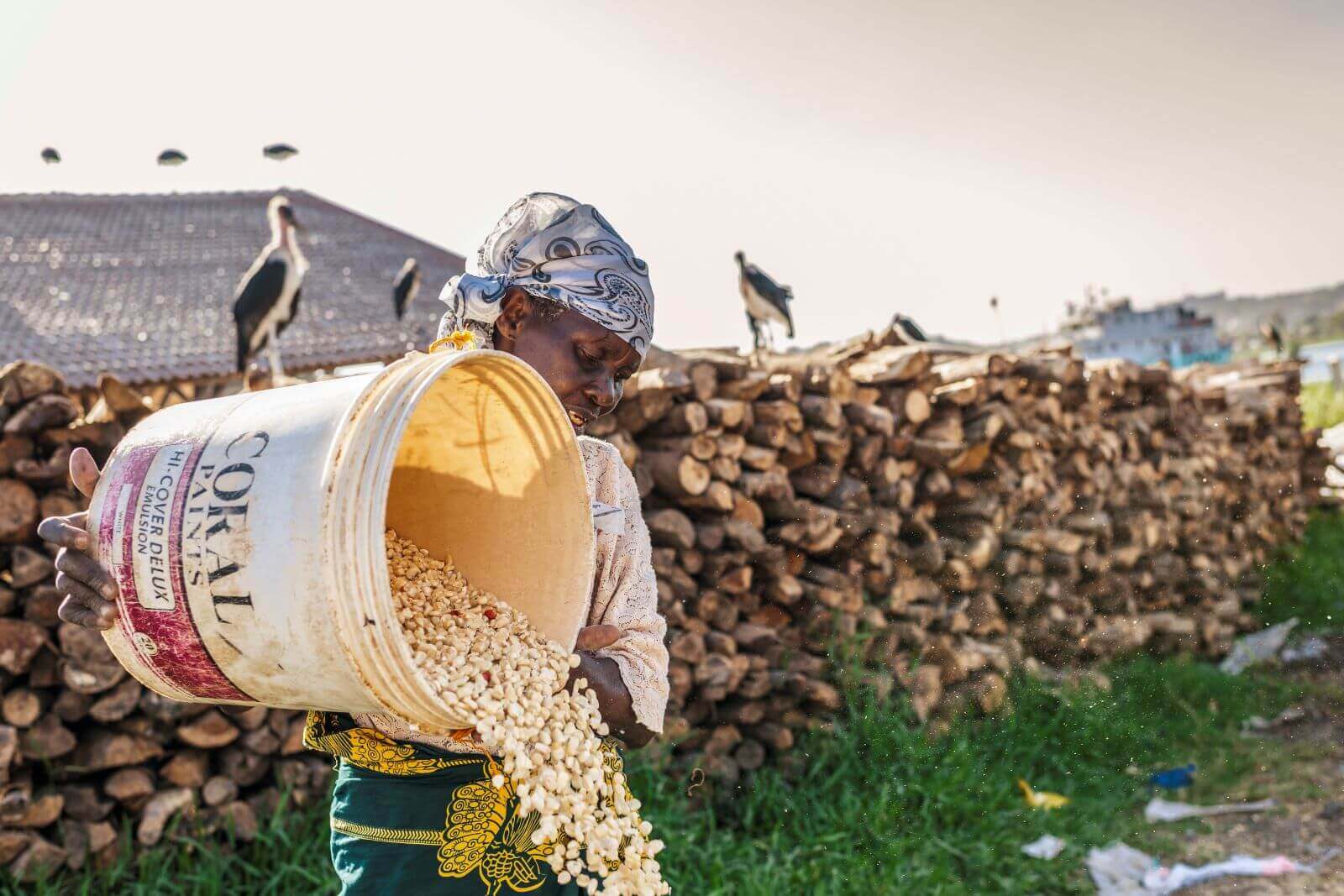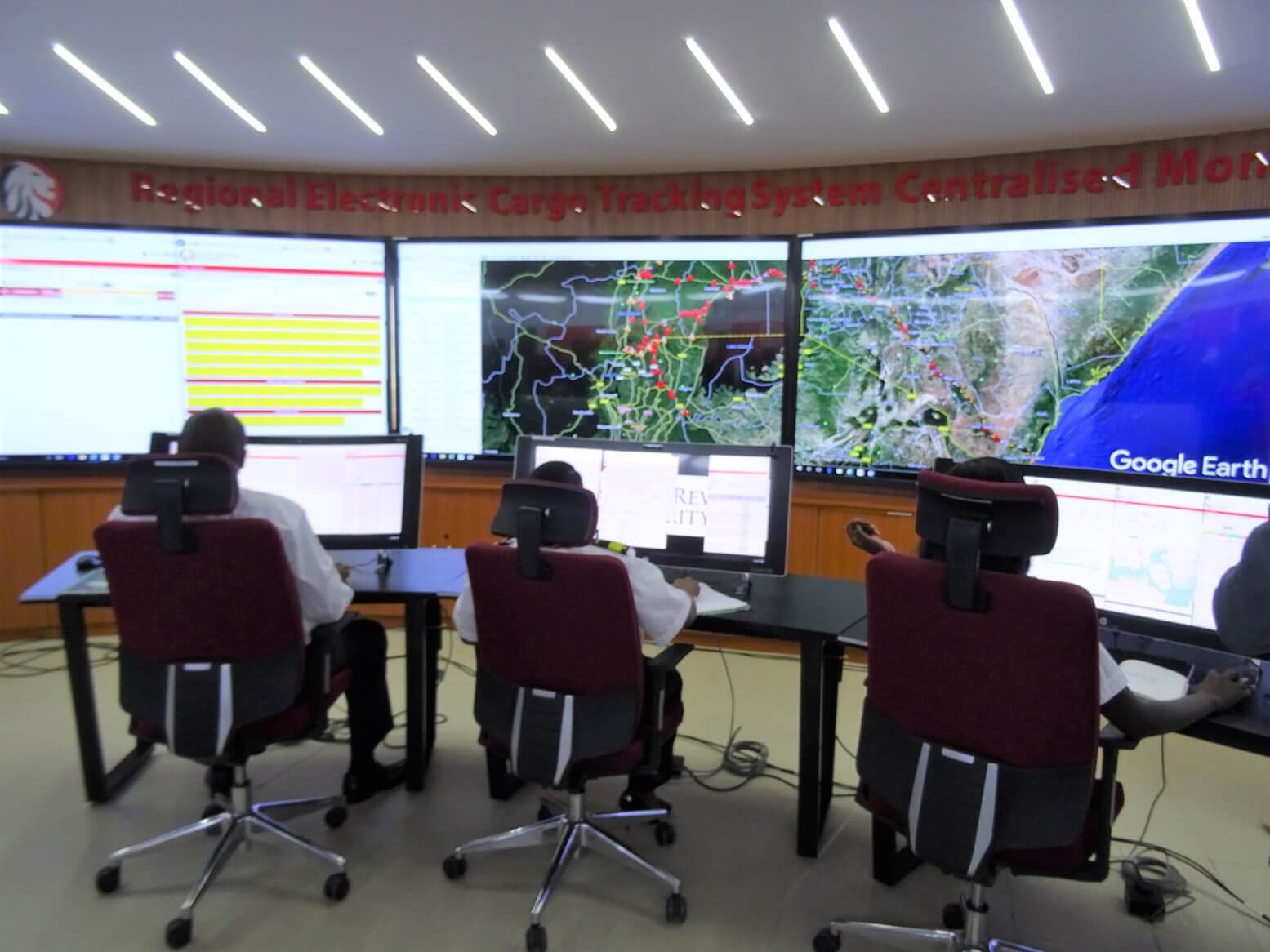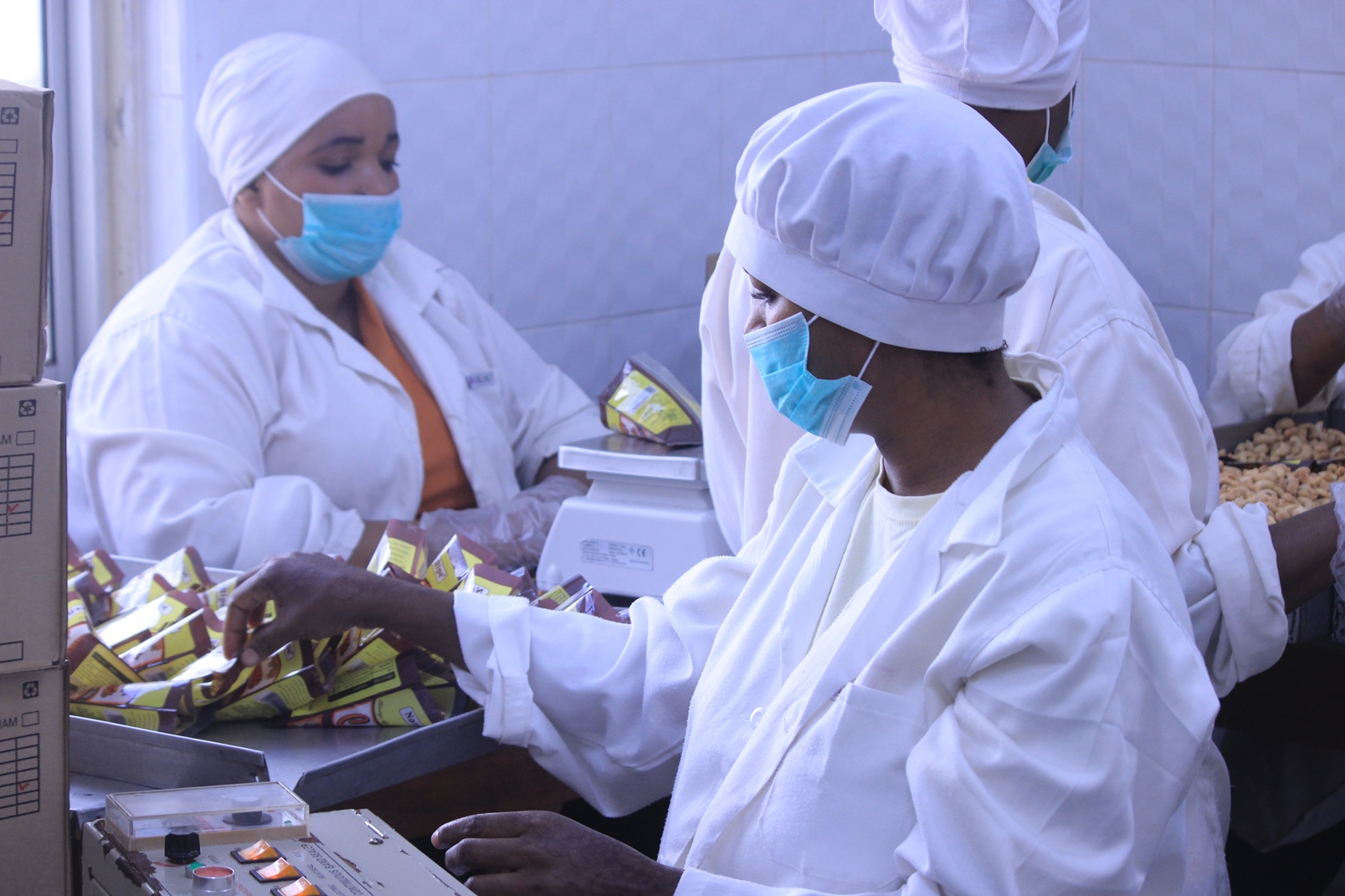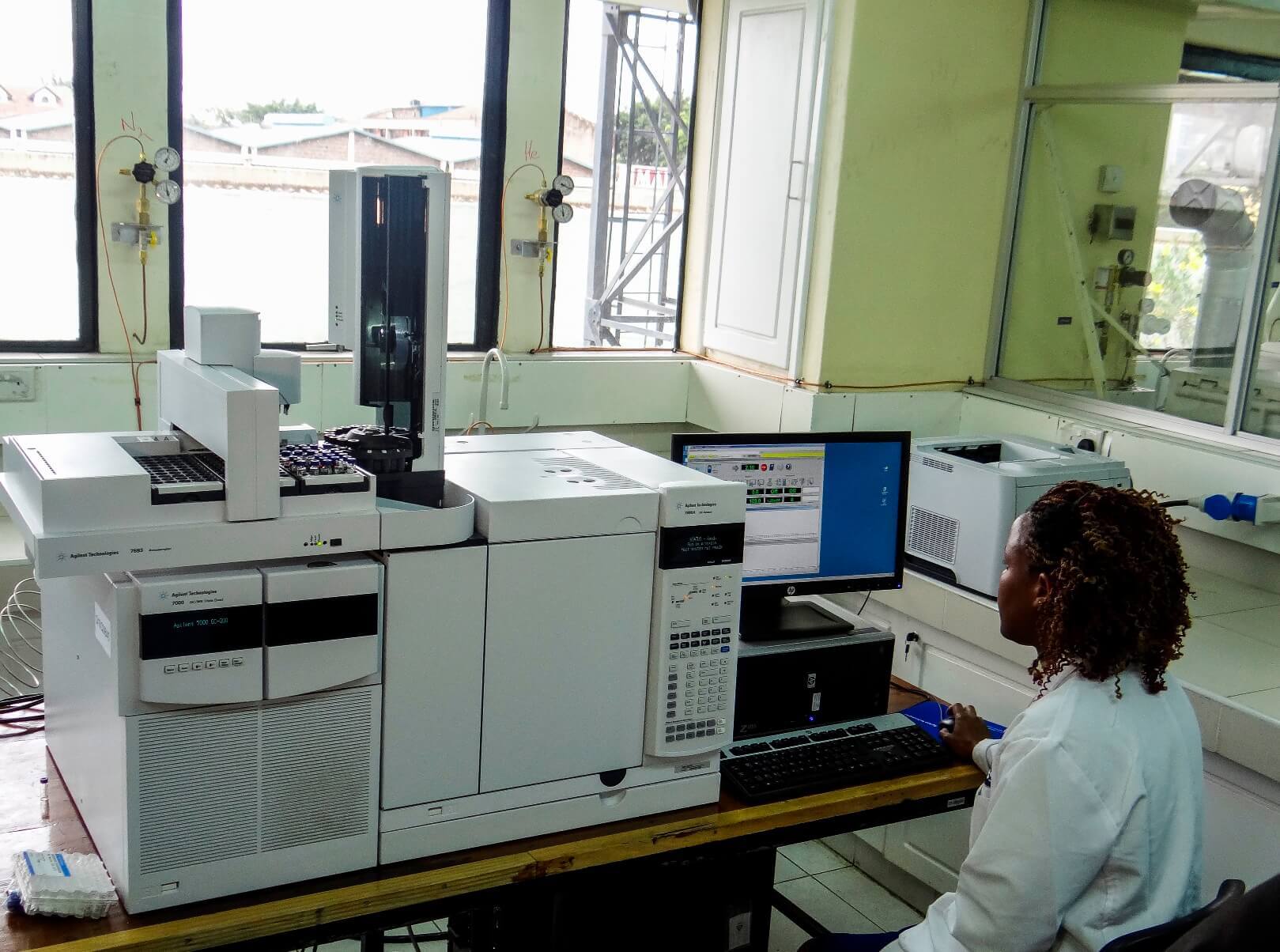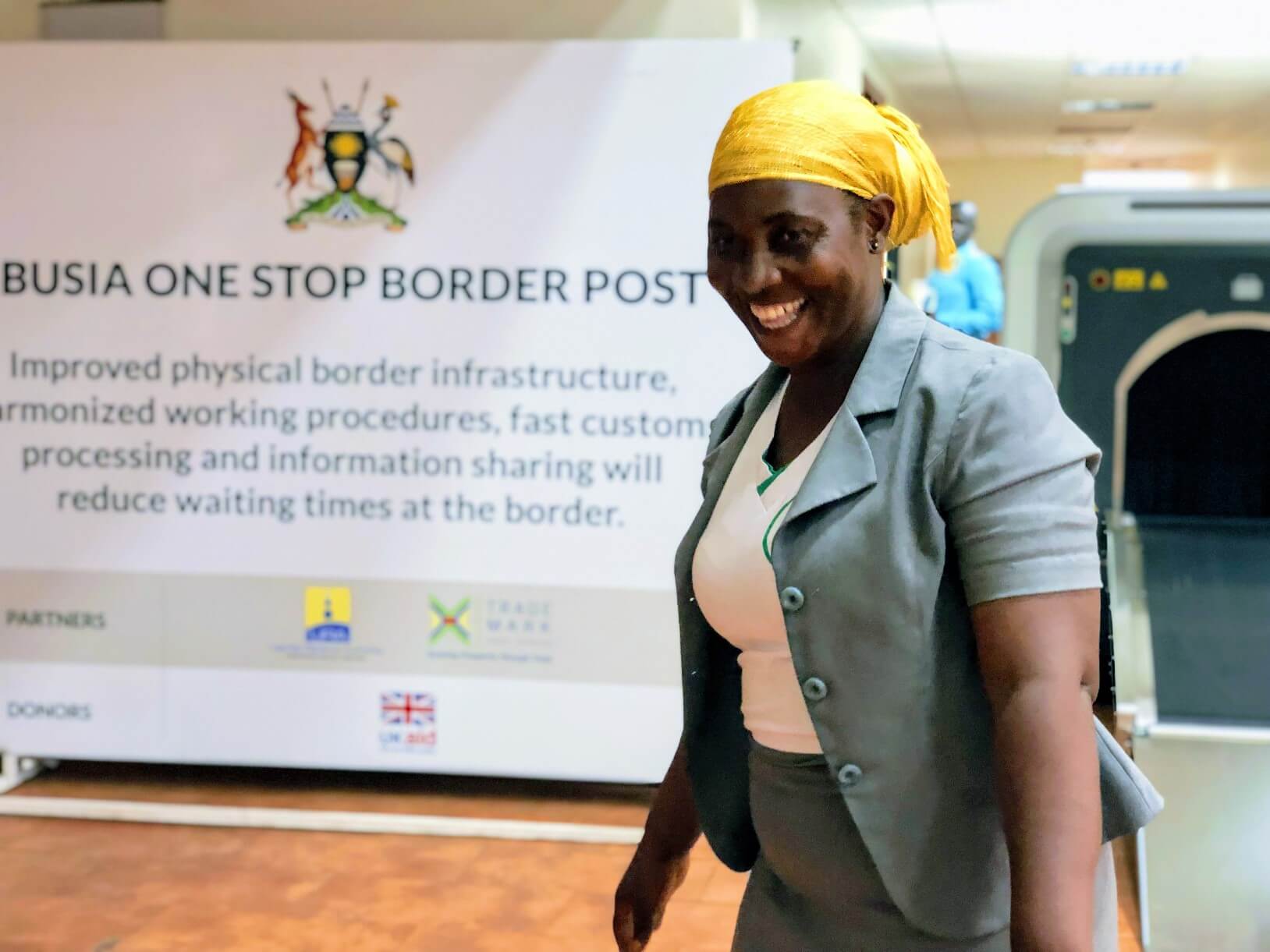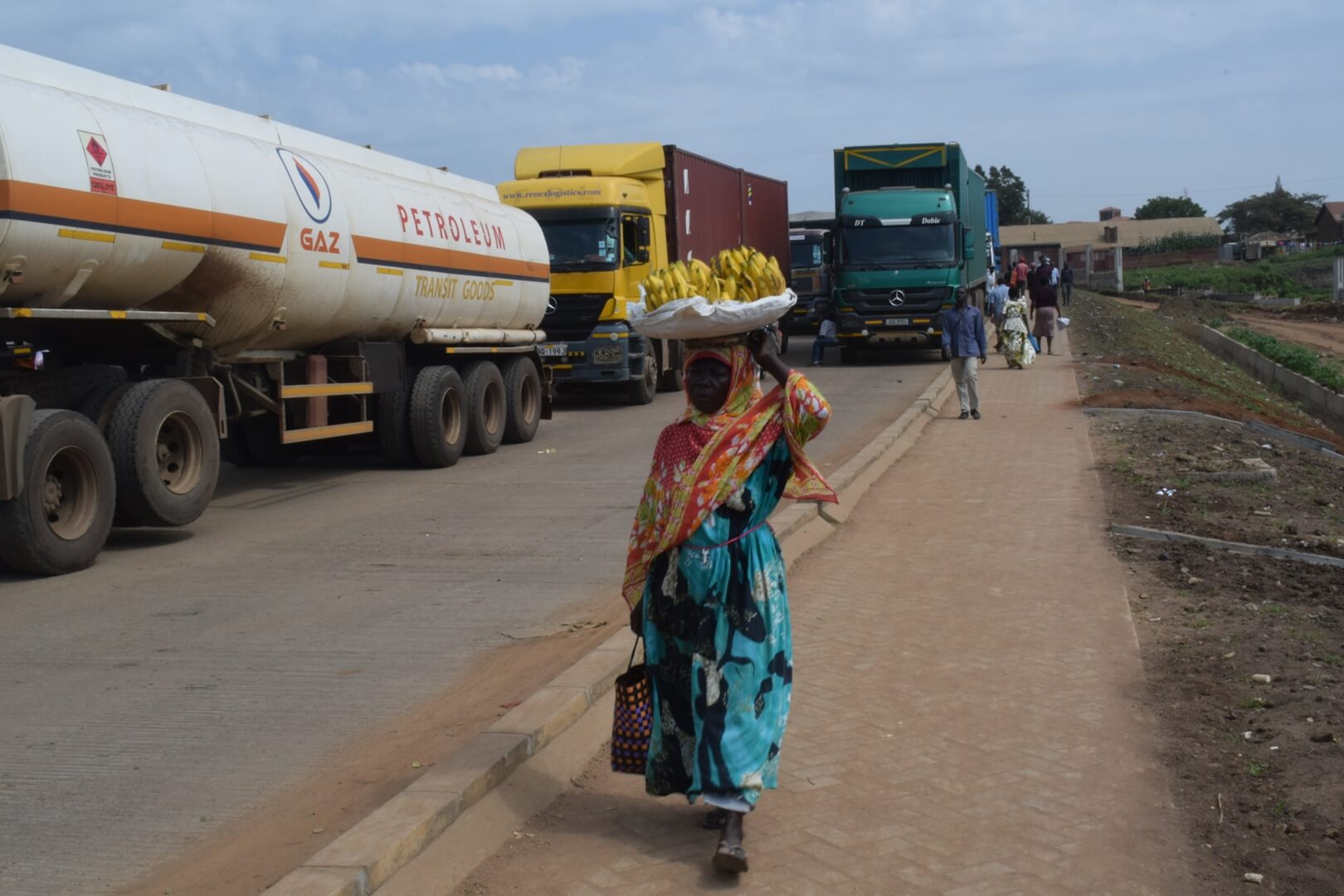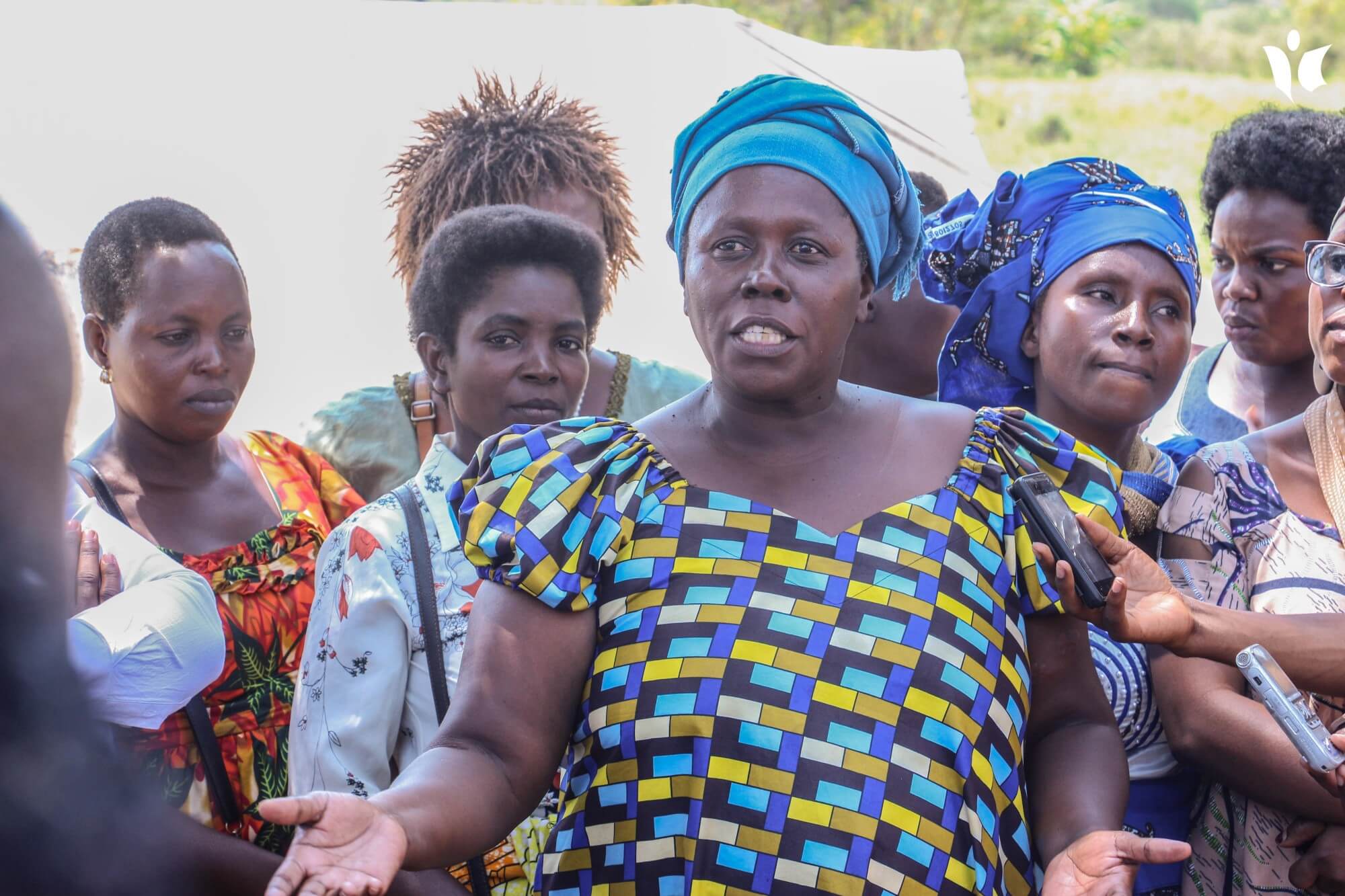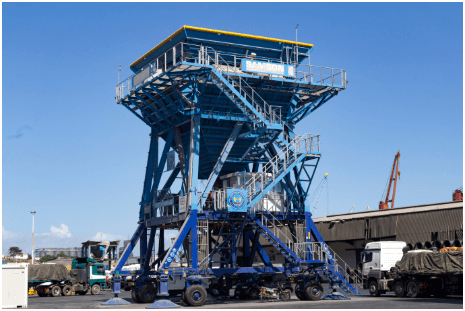[vc_row][vc_column][vc_column_text]Tanzania has one of the biggest agricultural sectors in Africa, with multiple commodities produced and exported to multiple markets in the world. Dominant agricultural commodities marked for export include cashew nuts, tobacco, cotton, cocoa, tea, and sesame. These commodities have recorded significant increase in exports over years. However, gains to farmers and communities engaged in production have remained limited, with income distribution of the proceeds skewed to middlemen. Middlemen often purchase these commodities from farmers at cheaper prices (gate price), only to re-sell with large margins, leaving farmers with minimal incomes to sustain their livelihoods.[/vc_column_text][vc_video link="https://www.youtube.com/watch?v=o7e8nx91zm0" align="center"][/vc_column][/vc_row][vc_row][vc_column][vc_column_text]TradeMark Africa (TMA)’s support to Tanzania’s Mercantile Exchange (TMX) started in 2019, to ensure that farmers can access reasonable prices for specified commodities, based on principles of fair competition, transparency, and quality of their produces. Funded by United Kingdom’s Agency for International Development, Ireland and Norway through TMA, the project support aimed to automate the TMX system, to allow for online trading of key agricultural crops, which has also been accompanied by training sessions to more than 15,000 stakeholders, including farmers (sellers), cooperative unions, buyers, aggregators, officers, and industrial professionals on ways and benefits of online commodity trading. With TMA’s support, value chains analysis for sesame, green gram, lentils, cashew nut, cocoa, and livestock have been conducted.[/vc_column_text][/vc_column][/vc_row][vc_row][vc_column][vc_column_text]Currently, cashew nuts, sesame, cocoa, lentils, and green grams are being traded through the commodity exchange system, which has led to increased incomes for farmers (in certain instances, more than double the price), increased revenues for the Government...
Automation of Tanzania’s Mercantile Exchange trading system eases Commodity Trading in Tanzania
Posted on: April 8, 2022
Posted on: April 8, 2022

